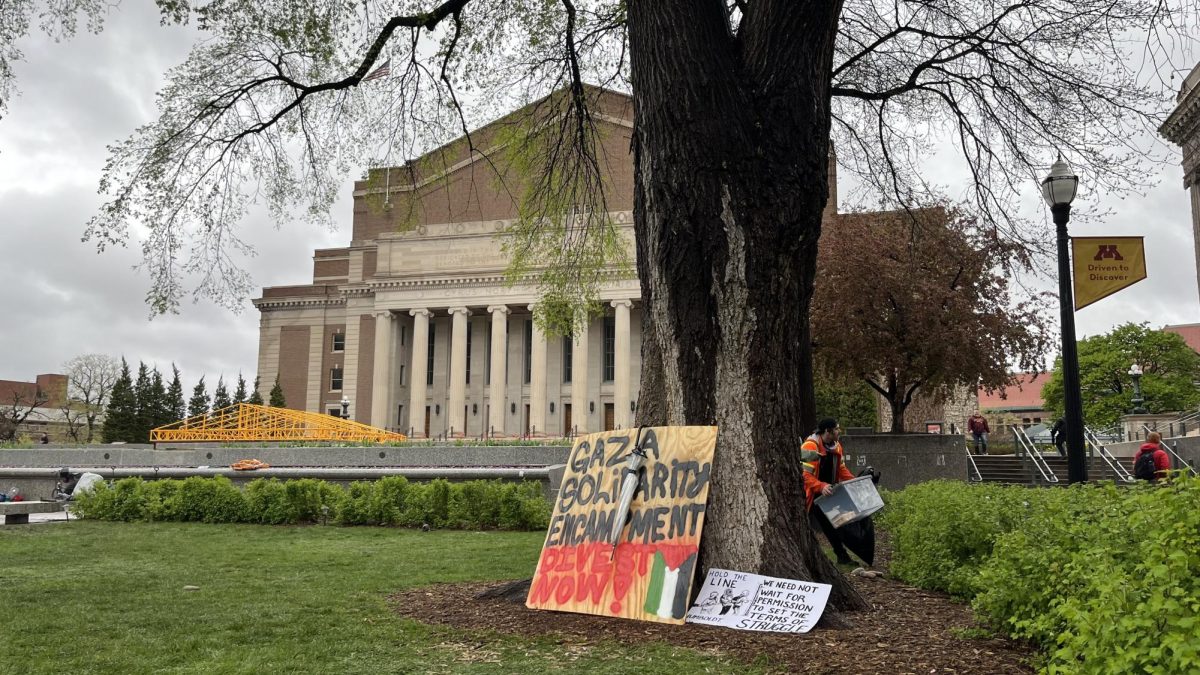BEIJING (The Los Angeles Times) – Bowing to a longtime U.S. demand, the Chinese government has issued new rules to tighten its control over the export of missile technology, state media reported Sunday.
The regulations, which went into effect Thursday, set up a licensing and registration system for companies that want to sell products or know-how that could be used to make missiles, the official New China News Agency said.
The announcement coincided with the arrival here of Deputy Secretary of State Richard L. Armitage, who is paying a 48-hour visit to pave the way for a summit in October between President Bush and Chinese President Jiang Zemin. Arms-control issues are expected to be on the agenda of Armitage’s talks in Beijing and of Jiang’s visit to Bush’s ranch in Crawford, Texas.
Washington has long complained that Chinese companies take advantage of lax regulations – or even have government approval – to sell missile-related items to countries such as Iran and North Korea, two nations identified by Bush earlier this year as forming part of an “axis of evil.”
Last month, the White House said it would slap sanctions on nine Chinese companies that it alleged had sold weapons technology to countries in the Middle East. The move provoked strong objections from Beijing.
The communist regime promised in November 2000 to clamp down on the transfer of sensitive equipment and technology and to publish a list of exactly what kinds of items would be off-limits for export.
But it has dragged its feet in doing so, in part because of the tense standoff with Washington last year over an American spy plane that collided with a Chinese fighter jet and crash-landed in southern China. Relations between the two countries on military matters have been testy since.
Sino-American ties have improved somewhat since Beijing pledged to cooperate in the battle against terrorism in the wake of last September’s attacks on the United States. And on Sunday, White House Deputy Press Secretary Scott McClellan called the Chinese announcement “a positive step” and added, “We look forward to continuing to work with China to address other nonproliferation issues.”
After his arrival in Beijing on Sunday, before the missile-export rules were announced, Armitage said he would discuss a “full range of issues” in his meetings with Chinese leaders Monday. He is scheduled to leave for Japan on Tuesday.
The new regulations, signed by Chinese Premier Zhu Rongji, require companies to clear their sales of weapons-related equipment with the State Council, China’s Cabinet, and with the Central Military Commission. Scofflaws would be prosecuted, potentially on charges of selling state secrets, a serious offense in China that can result in several years’ prison time.
It is an open question how seriously China will enforce the new rules. Assessing its performance will be a tough task for the Bush administration, which will doubtless come under increasing pressure from Beijing and American companies to respond to Sunday’s move by lifting a long-standing ban on U.S. commercial satellite launches using Chinese rockets.
Still, the new regulations improve the prospects for a warmer meeting between Jiang and Bush in October.
When he goes to Texas, Jiang will continue to hold the three titles that make him China’s No. 1: president, general secretary of the Communist Party and head of the Central Military Commission. Jiang’s status as China’s top leader at the time of the October summit was guaranteed by another announcement here Sunday that effectively set the date for a crucial upcoming Communist Party conclave.
Chinese state television said the Communist Party’s 16th party congress is expected to open Nov. 8. At the once-every-five-years event, key leadership positions are to be reassigned in what observers expect to be a major changing of the guard, from older leaders such as Jiang to a younger generation of officials.
Jiang, who recently turned 76, has been widely expected to give up his position as the party’s general secretary at the congress and then surrender the presidency at another political gathering in March.
Speculation is rife that he may try to hang on to the latter post, but no one except those in the uppermost echelons of power knows either the answer or the extent of whatever internal power struggles are supposedly taking place in the run-up to the congress.















